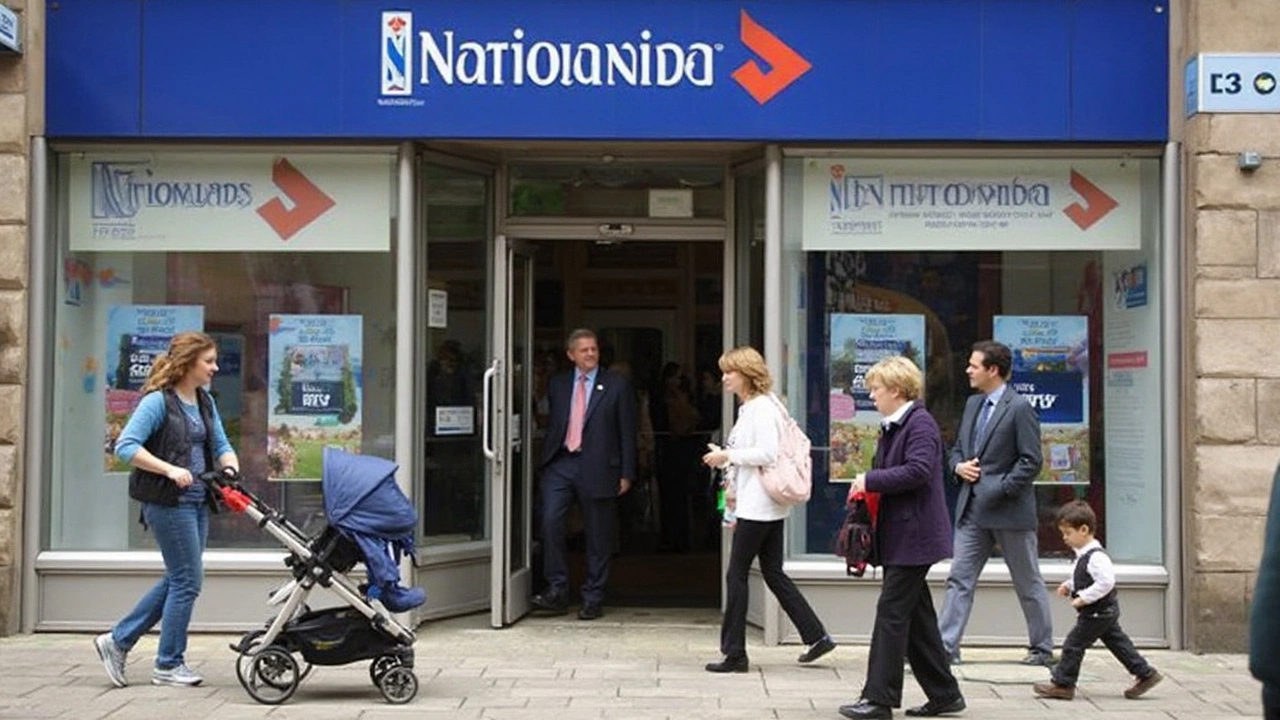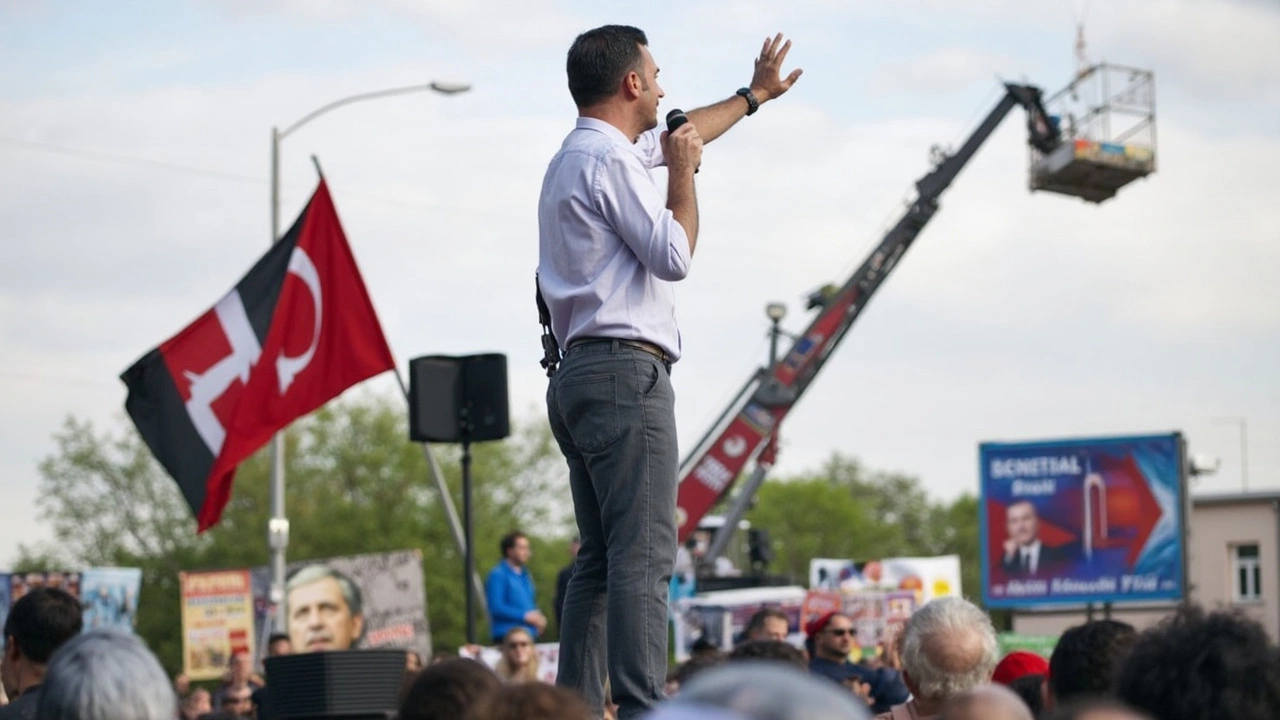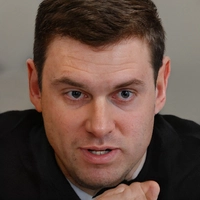The Shockwaves of İmamoğlu’s Arrest
Turkey has found itself in a whirlwind since the dramatic arrest of Istanbul’s mayor, Ekrem İmamoğlu, on corruption charges. The event didn’t just rattle the usual political circles—it sent everyday citizens pouring into the streets across the country. By March 27, police had detained more than 1,900 protesters, marking one of the largest waves of political unrest Turkey has seen in recent years. Traffic ground to a halt in Istanbul as chants echoed from makeshift barricades, and similar scenes played out in Ankara, Izmir, and dozens of smaller cities where frustration boiled over.
İmamoğlu’s arrest didn’t come out of nowhere. He was already fighting a high-profile conviction from 2022 after he publicly criticized Turkey’s election officials, a move many saw as standing up against government overreach. The plot thickened when Istanbul University stripped him of his diploma—a legal requirement for running in the presidential race. Without that diploma, his political future hangs in the balance. To critics, this looked less like law enforcement and more like an orchestrated push to shut down Erdoğan’s most popular challenger ahead of elections.

A Heated Showdown: CHP Rallies and Erdoğan’s Countermove
The main opposition, the Republican People’s Party (CHP), seemed caught flat-footed at first. But as street energy mounted, CHP leaders leaned in. They called mass rallies, culminating on March 25 with a roaring crowd outside Istanbul City Hall. It was a raw display of resistance that showed the opposition base is fed up with politics as usual and craving a more direct fight.
President Recep Tayyip Erdoğan wasted no time framing the unrest as a threat to national order. He branded the protests as ‘violence’ and accused CHP organizers of stirring economic chaos. Inside the country, state media played up clashes, calling demonstrators agitators. Yet, in private, even some within Erdoğan’s party admit they haven’t seen anger like this since the Gezi Park protests a decade ago.
The government’s crackdown wasn’t gentle. Armed police quickly broke up crowds and detained protest leaders. Surveillance ramped up in city centers, and the threat of more legal action hangs over activists. Still, the protest momentum didn’t die down—it multiplied.
This turmoil had instant economic fallout. The Turkish lira plunged, losing over 10% of its value in just a day as global investors got jittery. The Central Bank scrambled, burning through $12 billion in foreign reserves to stop the bleeding. Business leaders worried aloud on TV about how much further things could slide, with food and rent prices already biting Turkish families hard.
Abroad, Turkey’s allies watched but barely blinked. The European Union and key Western governments—usually quick to criticize Turkey’s human rights record—offered only mild concern this time, careful not to rock the boat with a NATO partner. Erdoğan’s government, after all, still sits at the crossroads of Russia, the Middle East, and Europe—a position that buys him more patience from abroad than his opponents would like.
Analysts now wonder: where does this go next? Erdoğan holds a tight grip over the police, judiciary, and much of the media. Yet for the first time in years, the opposition is getting bolder. Grassroots anger is pushing CHP leaders to adopt tougher, more confrontational tactics instead of compromise—a big shift from recent elections, where fear held them back.
But while Erdoğan commands the tools of state control, he faces something far trickier to contain: a fragile economy and people confronting price spikes every week. Dissent is no longer just an elite game. It’s fueled by frustration over real issues like jobs, inflation, and a sense that the country’s future is being decided behind closed doors.







Write a comment